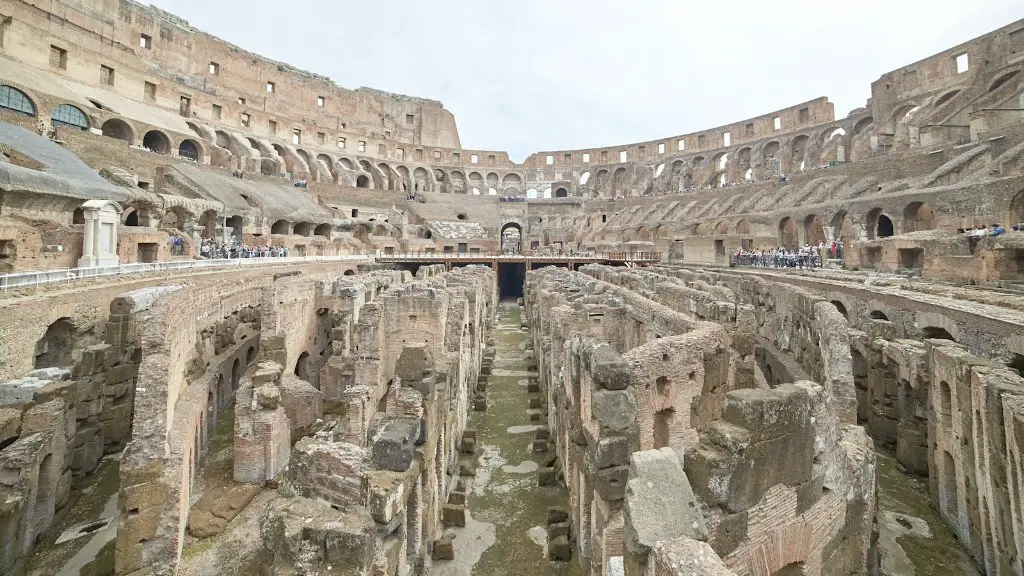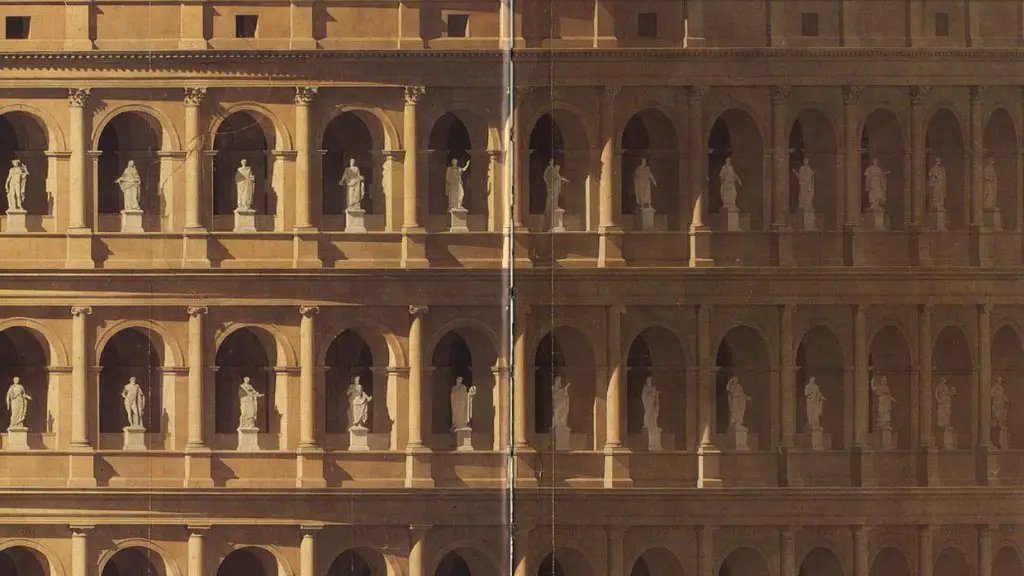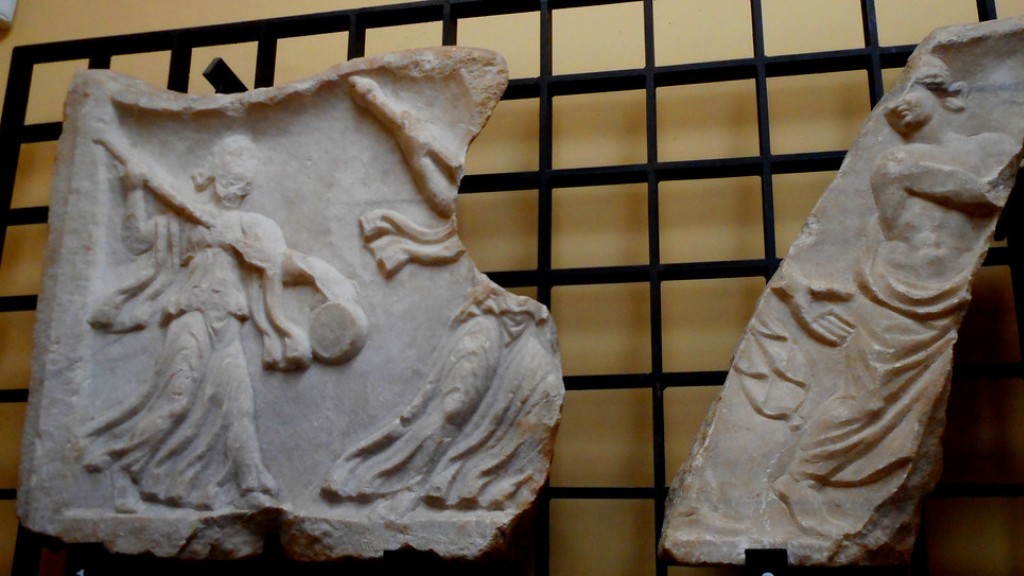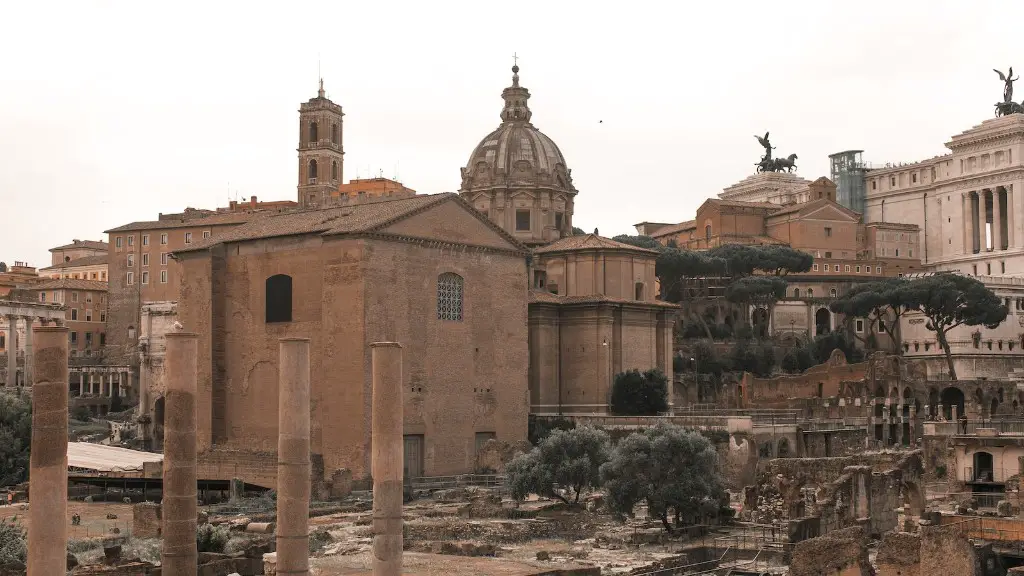The Roman Empire is one of the most renowned empires and its history has fascinated people for centuries. Roman society was highly organized, structured, and stratified. As with other complex civilizations, Roman citizens had very different job opportunities. In this article, we will explore the jobs that were available in Ancient Rome and how they differed from one another.
The most common type of job in Ancient Rome was manual labor, with many citizens working in trades such as carpentry and construction, as well as other skilled labor. In Ancient Rome, you would find craftsmen, bakers, blacksmiths, tailors, potters, and even barbers. Many people also worked as hired hands, such as gardeners, servants, and cooks.
Agriculture
Farmers were a vitally important part of Ancient Roman society. Farming in Ancient Rome was highly labor-intensive and had very little in the way of mechanization or automation. In order to survive, Roman farmers had to rely on their own strength and ingenuity to clear, cultivate, and irrigate the land. This type of labor-intensive farming was necessary for Rome to feed its ever-growing population.
Public Service
Public service was an important job in Ancient Rome. The Roman government relied on its citizens to help administer the empire. Public servants were often highly educated and worked in a variety of roles, including law, economics, finance, and even religious matters.
The Military
The military was one of the most prestigious and important jobs in Ancient Rome. Roman men served in the military in order to protect the empire and expand its borders. Roman legions were made up of professional soldiers and volunteers fighting side-by-side. The Romans were able to successfully conquer vast swaths of land thanks to their formidable military.
Business and Trade
Business and trade were two of the most important jobs in Ancient Rome. The city was a bustling hub of commerce, with merchants from all over the Mediterranean trading goods such as spices, cloth, wine, and jewelry. Business and trade allowed Rome to establish strong relationships and open up markets around the world.
Slave Labor
Slave labor was a key part of Ancient Roman society and was often used in both manual and skilled labor. While not all slaves in Ancient Rome were mistreated, they were still prohibited from holding property and were not considered citizens.
Entertainment
Entertainment was also a major part of Ancient Roman life and was heavily subsidized by the government. The Romans enjoyed a wide range of entertainment from theater, to chariot racing to gladiatorial fights. Many also enjoyed attending public festivals and games, which could be highly competitive and even violent.
Education
Education was highly valued in Ancient Rome and teachers were highly respected. Schools and academic institutions were found all over the empire, and were a major source of employment for both men and women.
Politics and Government
Politics and government were the most elite professions in Ancient Rome. Highly educated, learned citizens could become politicians, governors, and magistrates who ran the daily affairs of the empire.
Clergy
Clergy was also a major profession in Ancient Rome; priests, priestesses, and spiritual healers were highly respected and had powerful positions in the empire.
Law
Law was also an important profession in Ancient Rome and lawyers could become highly influential. Lawyers could draft and enforce laws, as well as advise citizens on legal matters.
Architecture
Architecture was also an important part of Roman life and the empire was renowned for its impressive and enduring structures. Architects designed and constructed magnificent temples, public buildings, and monuments.
Overall, Ancient Rome was a complex and wealthy society that offered a range of job opportunities for its citizens. Everyone, from manual laborers and farmers to highly educated elites, played an important role in maintaining the well-being of the empire.



